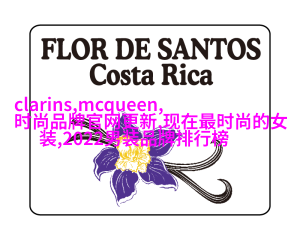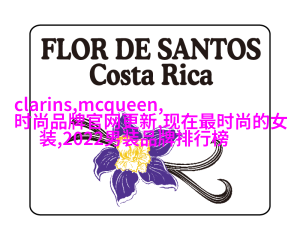索菲亚之旅探索古典美名背后的文化与历史
索菲亚之旅:探索古典美名背后的文化与历史

索菲亚的起源与传说
在古希腊神话中,索菲亚是一位智慧女神,她代表了知识、哲学和智慧。她的名字源自希腊语“σοφία”,意为“智慧”。据说她是宙斯和密涅瓦的女儿,被认为是所有天体运动的统治者。她的形象常常被描绘为一位头戴冑子、手持灯笼或书籍的人物,象征着光明和启蒙。

索菲亚在艺术中的表现
在艺术作品中,索菲亚经常以女性形象出现。她通常身穿长袍,头上戴着一顶高耸入云的帽子,这种装扮使她显得既庄严又优雅。在一些雕塑和绘画中,她还会手持各种象征知识的工具,比如测量仪器或者书籍。这不仅展示了她对科学和哲学深厚的兴趣,也反映了人类对于知识追求的一种崇敬态度。

索芬尼亚(Sophia)与东正教教义
在东正教信仰体系中,有一个重要概念叫做Sophianity,它强调上帝本质上的神性。圣母玛利亚被视作最完美的人类化身,因为她能够承载上帝之子的灵魂,而这也是对理性(logos)的赞颂。因此,Sophianity成为了基督教修辞中的一个关键概念,与圣母玛利亚紧密相关,并且暗指到宇宙间万物都是由理性所创造。

索菲娅城市:巴尔干半岛上的现代化都市
位于保加利亚的心脏地带,是该国最大的城市,也是其政治、经济、文化中心之一。这座城市拥有丰富多样的历史遗迹,从罗马时期的地标建筑到拜占庭时期的大型教堂,再到当代建筑,其城scape反映了它作为交汇点的地位。而其名称也让人联想到那份古老而又充满智慧精神的地方氛围。

Sophia in the Age of Enlightenment: A Symbol of Knowledge and Wisdom
In the 18th century, as Europe entered the Age of Enlightenment, Sophia became a symbol for knowledge and wisdom, reflecting the growing importance placed on education and intellectual pursuits during this period. The concept of Sophism emphasized reason, logic, and individual rights as key principles to guide human progress.
The Legacy of Sophia in Contemporary Culture: From Philosophy to Pop Culture
Today, Sophia's legacy extends far beyond her origins in ancient Greek mythology or her role in religious teachings; she has become a cultural icon that transcends borders and disciplines alike. In contemporary pop culture, from literature to film to music videos – Sofia has been reimagined countless times – representing not only intelligence but also resilience and strength.
The journey through various interpretations of "Sofia" reveals how this name carries with it an essence that is timeless yet ever-evolving; a testament to human curiosity about life itself while embracing both past traditions & modern innovations alike – always striving for enlightenment & wisdom through our shared experiences across cultures & history!